Who we are
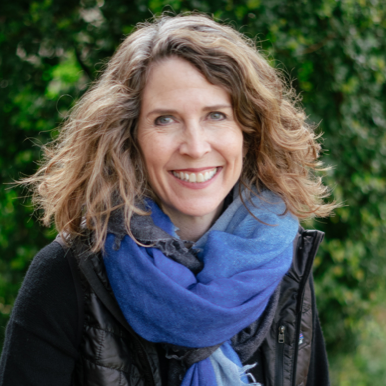
Sandra Babcock
Faculty Director and Clinical Professor of Law at Cornell Law School
Sandra Babcock is a Clinical Professor at Cornell Law School, where she is the Faculty Director and founder of the Cornell Center on the Death Penalty Worldwide (CCDPW). Over the last thirty years she has helped defend hundreds of men and women facing execution around the world. She began her career as a staff attorney at the Texas Resource Center, where she defended persons facing execution in post-conviction proceedings for four years. Following a five-year stint as a public defender in Minneapolis, she served for six years as the founding director of the Mexican Capital Legal Assistance Program, a project funded by the Government of Mexico to defend Mexican nationals facing the death penalty in the U.S. In that capacity she provided litigation support to attorneys around the country, defended Mexican nationals facing execution, and represented Mexico before the International Court of Justice in Avena and Other Mexican Nationals. In 2006, she became a Clinical Professor at Northwestern Law School, where she spearheaded a ten-year project in Malawi that ultimately resulted in the release of over 250 prisoners, 150 of whom were formerly sentenced to death. She moved to Cornell Law in 2014, where she founded the Cornell Center on the Death Penalty Worldwide. In 2018, together with her colleagues at CDPW, she launched the Alice Project, a global movement to end extreme sentencing of women and gender non-conforming individuals. Her clinic currently represents women facing the death penalty in the United States, Malawi, and Tanzania. She has authored numerous articles, book chapters and reports on the application of the death penalty under international law. She teaches classes in international human rights, gender rights, and the death penalty. In September 2021, she received the American Bar Association’s John Paul Stevens Guiding Hand of Counsel Award, given to one capital defender every two years whose work has improved the legal representation of persons facing the death penalty and contributed to systemic reform.

John Blume
Director of the Cornell Death Penalty Project and Professor at Cornell Law School
John Blume is the Director of the Cornell Death Penalty Project and Professor at Cornell Law School. He is one of the foremost death penalty practitioners in the United States, with particular expertise on the application of the death penalty to individuals with intellectual disabilities and mental illnesses. Internationally, he has been involved for the past four years in several projects related to improving the quality of capital defense in China. The first capital punishment clinic in China, launched by Professor Hongyao Wu of China University of Political Science and Law in 2010, is the result of an ongoing collaboration with Professor Blume. Each year, the Cornell Death Penalty Project hosts a Chinese visiting scholar who researches capital punishment, and Professor Blume has given a number of presentations regarding the current status and use of the death penalty in China.

Sheri Lynn Johnson
Assistant Director of the Cornell Death Penalty Project
Sheri Lynn Johnson is an expert on the interface of race and issues in criminal procedure, and the Assistant Director of the Cornell Death Penalty project, an initiative to foster empirical scholarship on the death penalty, which offers students an opportunity to work with practitioners on death penalty cases, and to provide information and assistance for death penalty lawyers. After her graduation from Yale Law School in 1979, Professor Johnson worked for a year in the Criminal Appeals Bureau of the New York Legal Aid Society, and then joined the Cornell Law School Faculty in 1981. Professor Johnson co-founded the Cornell Death Penalty Project in 1993. She currently teaches constitutional and criminal law, and supervises the post-conviction litigation and capital trial clinics.

Keir M. Weyble
Clinical Professor of Law and Director of Death Penalty Litigation at Cornell Law School
Keir M. Weyble is a Clinical Professor of Law and Director of Death Penalty Litigation at Cornell Law School. Before coming to Cornell, he spent twelve years as a practicing attorney based in South Carolina, where he concentrated on the litigation of capital cases in state and federal courts. He has served as counsel, co-counsel, or as a consultant at the trial, appellate, and collateral review stages in dozens of capital cases across the country, from state trial court proceedings to merits stage litigation in the Supreme Court of the United States. He is also a nationally recognized expert on federal habeas corpus law and practice, a member of the Habeas Assistance and Training Counsel Project, co-author (with John Blume) of the Federal Habeas Corpus Update, and a frequent faculty member and presenter at professional training programs related to capital cases and post-conviction practice. At Cornell Law, he teaches Trial Advocacy, seminars on Advanced Criminal Procedure: Post-Conviction Remedies and Capital Punishment Law, and co-teaches the Capital Clinics, the Juvenile Justice Clinic, and the Innocence Clinic.
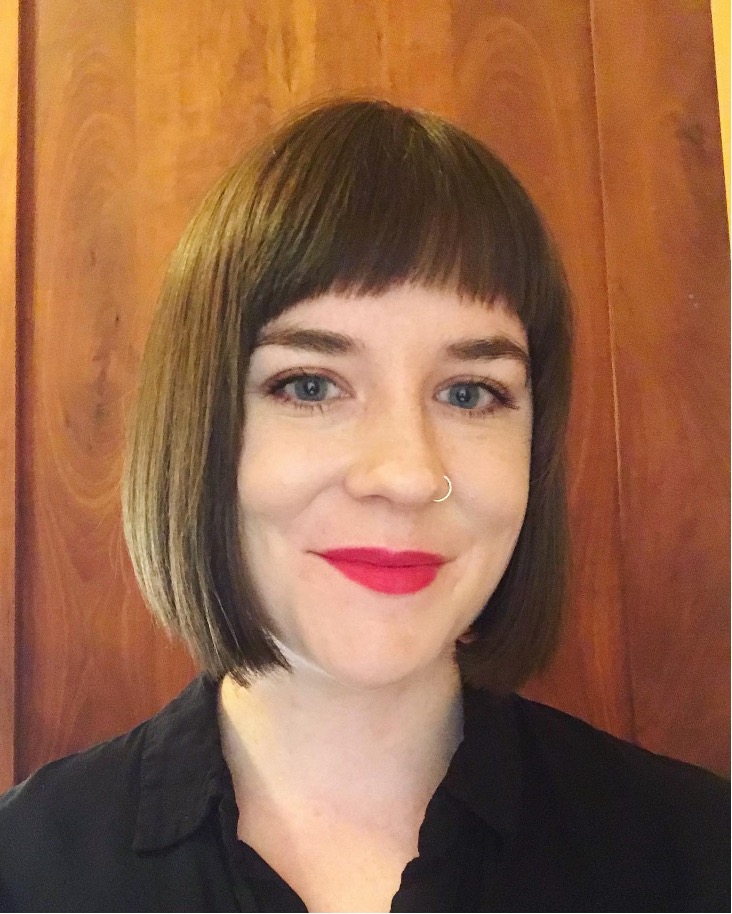
Chelsea L. Halstead
Director
Chelsea L. Halstead is the Director of the Cornell Center on the Death Penalty Worldwide, where she oversees the center’s operations, communications, strategy, advocacy, and fundraising efforts. Prior to her appointment at CCDPW, Chelsea co-founded the Colibrí Center for Human Rights in Tucson, Arizona. Colibrí combines forensic science with human rights advocacy to identify the remains of people who have died in their attempt to cross the U.S.-Mexico border while calling attention to failed immigration policy. Chelsea helped design the organization’s innovative DNA program, which has facilitated the identification of over 200 previously unidentified human remains. Her work has been recognized in USA Today, The Guardian, The New York Times, The Washington Post, Al Jazeera, and other media. Chelsea holds a B.A. in Geography from the University of Arizona and an M.P.A. from Cornell University.
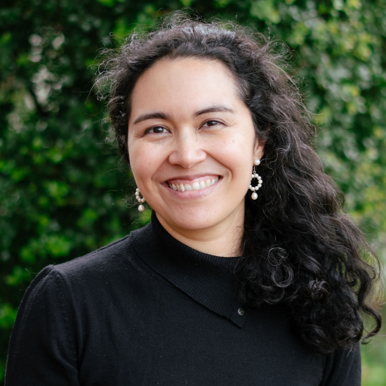
Delphine Lourtau
Former Executive Director/ Center Consultant
Delphine Lourtau was the Executive Director of the Center on the Death Penalty Worldwide, where she oversaw and coordinated the Center’s research and advocacy projects. Prior to joining the Center, she was Research Director for the Death Penalty Worldwide project, where she helped develop a groundbreaking database analyzing the death penalty through the lens of international human rights law. She has lectured widely on international law and the death penalty and has been consulted by numerous media outlets for her expertise regarding the practical application of the death penalty around the world. Her concern for fundamental rights in the criminal justice process was cemented by early experiences at the International Criminal Tribunal for Rwanda, the Special Court for Sierra Leone and capital criminal defense work. She has also practiced as a civil rights lawyer in the United States, representing victims of police misconduct in the war on drugs at the Chicago firm of Loevy & Loevy. Following her graduation from McGill University in Montreal with degrees in common law and civil law, she clerked for Chief Justice Beverley McLachlin of the Supreme Court of Canada and completed an LLM at New York University School of Law, where she was a Hauser Scholar. She also holds a Master’s degree from the Institut d’Études Politiques de Paris.
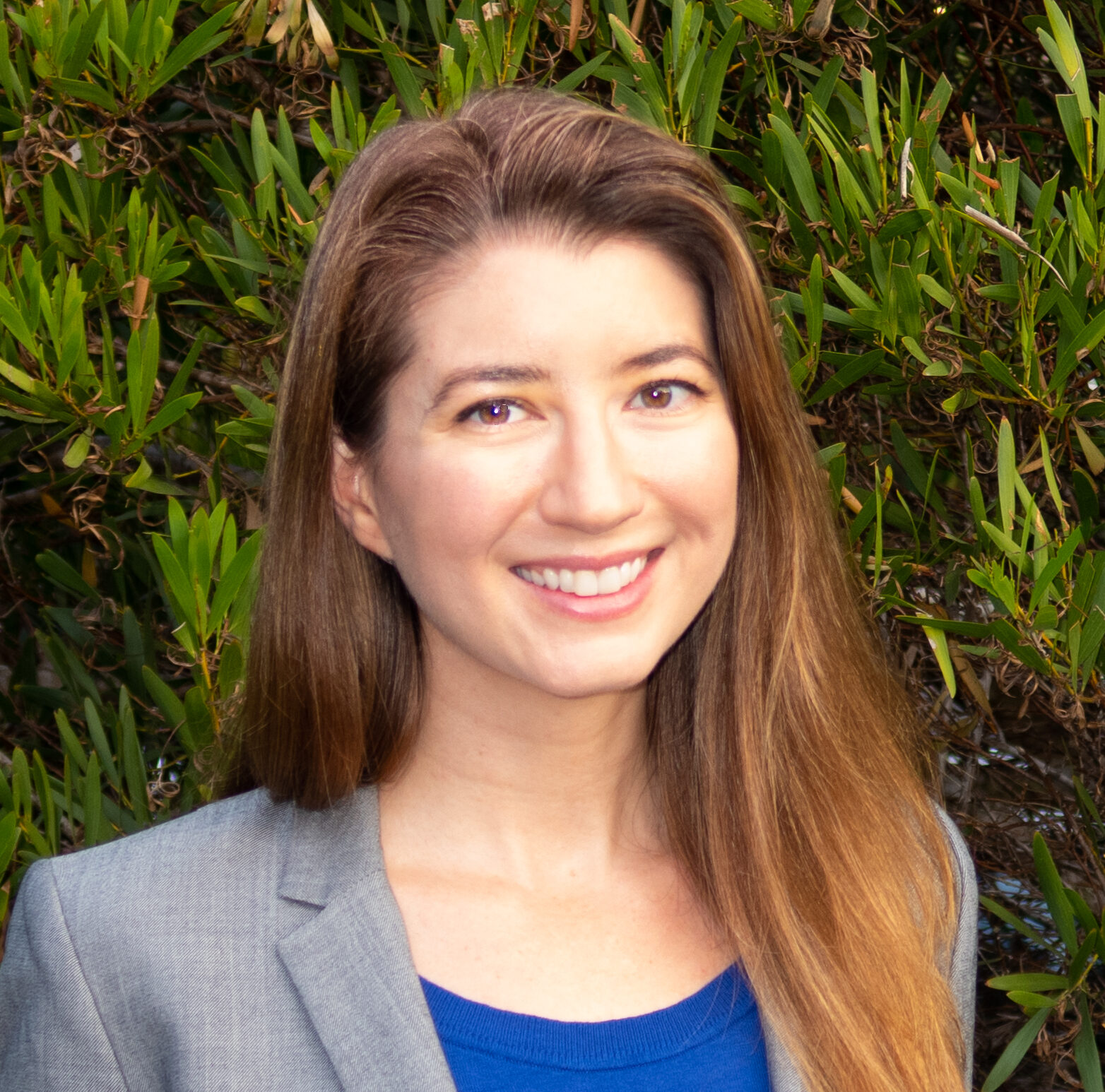
Jocelyn J. Hackett
Director of International Human Rights Research
Jocelyn J. Hackett is the Director of International Human Rights Research at the Cornell Center on the Death Penalty Worldwide, the Advocacy & Research Director of the Legal Information Institute’s Women & Justice Collection, and an Adjunct Professor of Law at Cornell Law School. Prior to Cornell, Jocelyn worked on cases involving mass atrocity prevention and accountability at the Cardozo Law Institute in Holocaust and Human Rights. She has conducted human rights field research in Kenya, Uganda, and South Africa. After law school, she worked at the International Criminal Court for Vice President and Pre-Trial Chamber II Judge Cuno Tarfusser. Jocelyn holds a J.D. from Cornell Law School and a B.A. with a concentration in history from Colgate University.
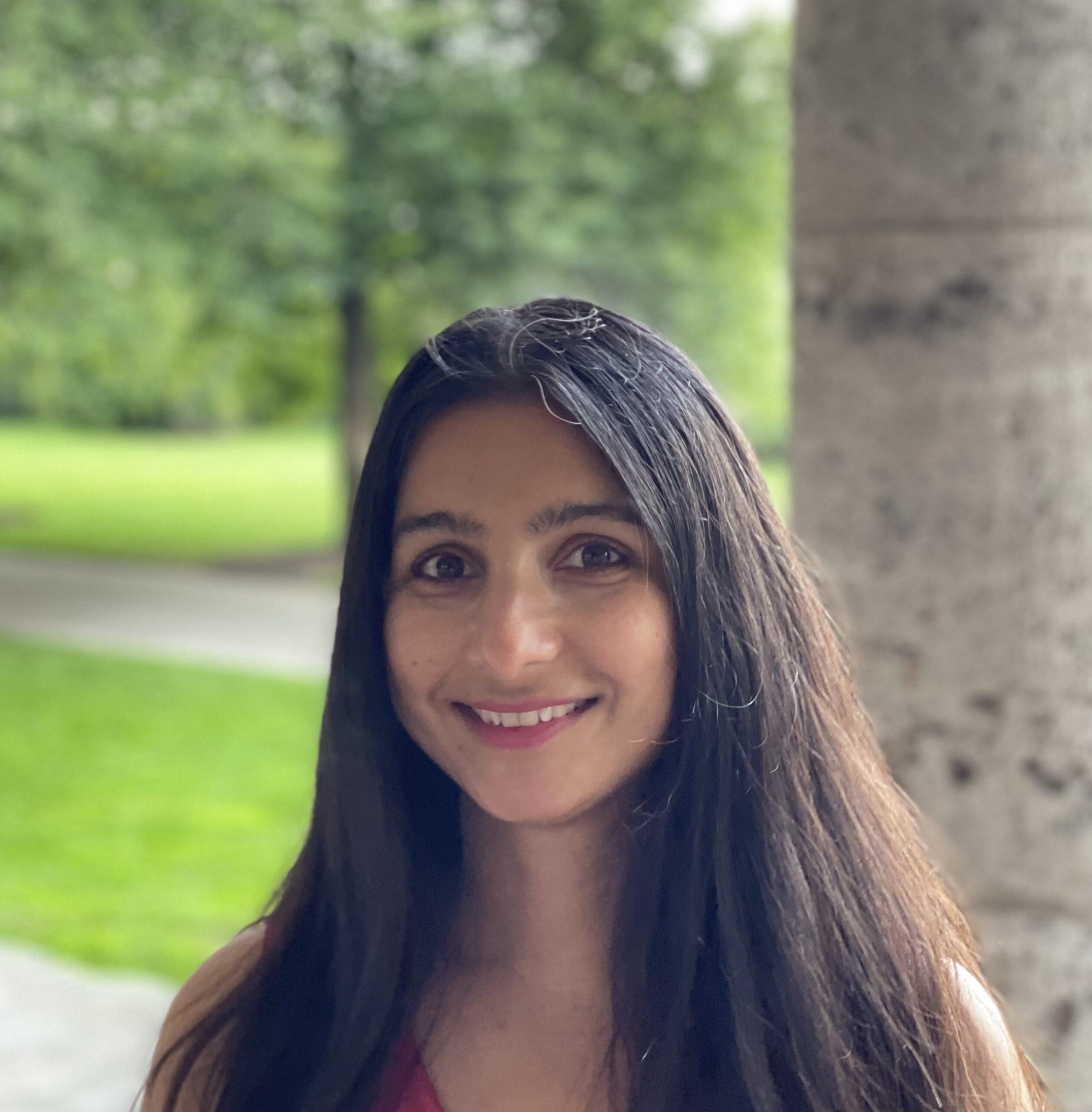
Bahar Mirhosseni
Director of Legal Advocacy
Bahar Mirhosseni is a human rights and criminal defense lawyer and the Director of Legal Advocacy at the Cornell Center on the Death Penalty Worldwide. For the last three years, she has co-taught the Pretrial Justice Clinic at UCLA School of Law. She has collaborated with a range of human rights organizations including the Georgia Capital Defender Office, the Southern Africa Litigation Centre, and Addameer Prisoner Support and Human Rights Association. She serves on both the Racial Justice Committee and the Education Committee of the National Association for Public Defense. As Program Director, at The International Legal Foundation, she worked with lawyers in the MENA region on access to justice, human rights, and high quality public defense.
She has spent over fifteen years in indigent defense, in New York and California, first through The Legal Aid Society of New York, as a public defender in Brooklyn and as a Criminal-Immigration Staff Attorney representing non-citizens, conducting select post-conviction advocacy, and advising criminal defense attorneys across New York City. As a Legal Specialist for the American Bar Association Rule of Law Initiative, she oversaw a legal education program for Palestinian law students across the West Bank. She has mentored/trained hundreds of law students and lawyers in Palestine, Tunisia, Afghanistan and the United States. She is a Senior Advocate with The Color of Excellence.
Mirhosseni received her B.A. degree with Honors from the University of California at Berkeley and in 2007, she earned her J.D. from the City University of New York School of Law. As a law student, she was awarded the Haywood Burns Fellowship in Civil and Human Rights from CUNY Law School and a Millspaugh-Catlin Fellowship in Human Rights as an Ella Baker intern at the Center for Constitutional Rights. Hedgebrook Writing Residency awarded her the Women Authoring Change Fellowship in honor of slain Libyan human rights advocate Salwa Bugaighis.